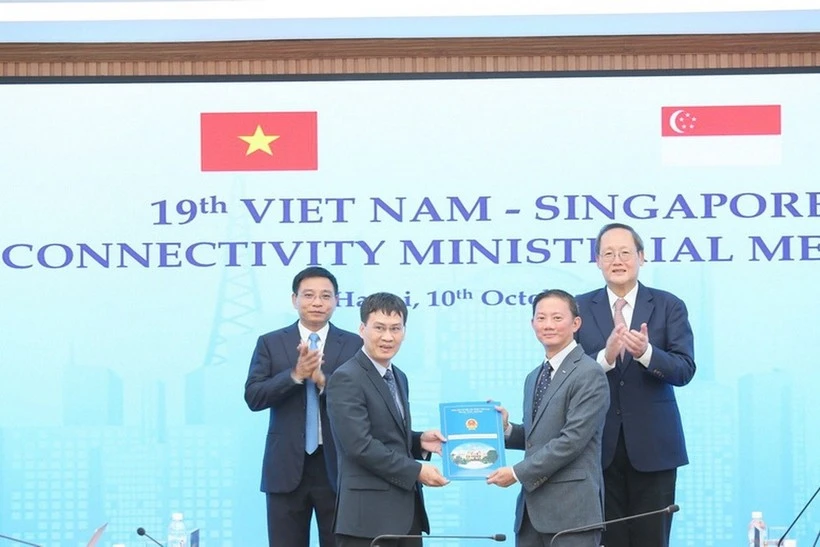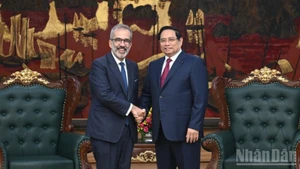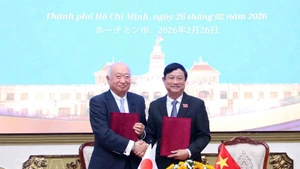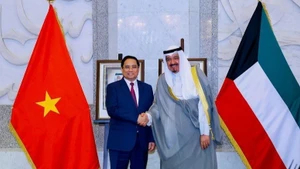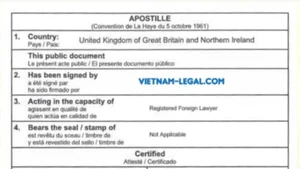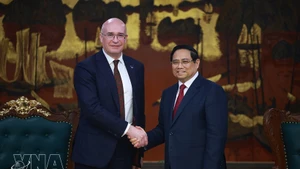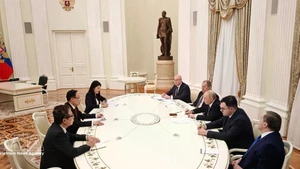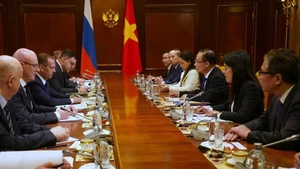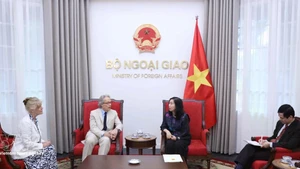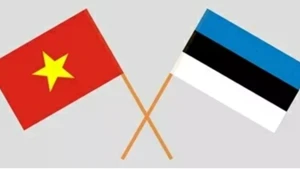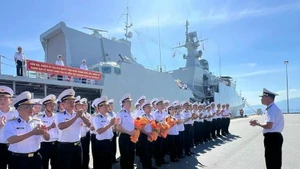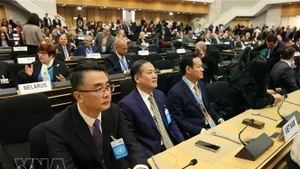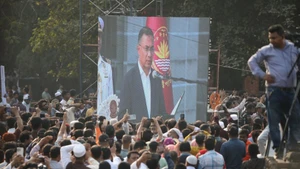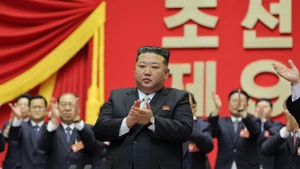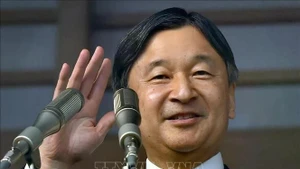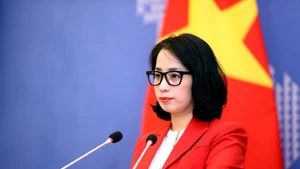Vietnamese Minister of Industry and Trade Nguyen Hong Dien and Singaporean Minister-in-Charge of Energy, and Science and Technology in the Ministry of Trade and Industry Tan See Leng have agreed to continue close coordination in implementing key areas of cooperation, particularly in energy, industry, trade, and science and technology.
The two ministers held talks in Ha Noi on October 10 as part of Tan’s trip to attend the 19th Viet Nam–Singapore Connectivity Ministerial Meeting.
They noted that bilateral economic and trade relations have continued to develop substantively and comprehensively, forming a key pillar of the Viet Nam–Singapore bilateral relationship.
A major focus of the meeting was the proposed renewable energy export project from Viet Nam to Singapore. Both sides discussed options for direct transmission between the two countries as well as indirect connections through a third country. Dien underlined the project’s strategic significance, not only for the bilateral ties but also for the formation of an integrated ASEAN power grid.
Viet Nam’s revised Power Development Plan VIII sets a target of exporting 5–10GW of electricity to Singapore, Malaysia, and other partners by 2035, while ensuring economic efficiency and energy security. The two sides agreed to work closely at the technical level to develop legal, financial, and technical frameworks for the project, and to explore the establishment of interconnection agreements among Viet Nam, Malaysia, and Singapore in the near future.
The ministers also welcomed progress in negotiations on a memorandum of understanding (MoU) on rice trade between the two governments. Dien said the signing of the MoU would help strengthen Singapore’s food security while expanding a stable, long-term market for Vietnamese rice. Both sides agreed to accelerate procedures to soon sign the MoU.
Dien also called on Singapore to increase imports of other Vietnamese agricultural products such as seafood, coffee, tea, and fresh fruits, while enhancing information sharing on standards, quality control, and food safety, as well as conducting professional exchanges to facilitate trade in agricultural products.
The two ministers agreed to promote industrial collaboration in electronics, semiconductors, smart energy, and liquefied natural gas (LNG), and to share experience in e-commerce, SME development, digital economy, and innovation.
Viet Nam proposed Singapore support the development of a Halal industrial park in the country and help expand market access for Vietnamese goods, especially those under the Viet Nam Value national brand, within Singapore’s retail and supply chains.
They also concurred to strengthen cooperation in policy research and industrial development planning through collaboration between the Viet Nam Institute of Strategy and Policy for Industry and Trade and Singapore’s Lee Kuan Yew School of Public Policy. Focus will be placed on renewable energy, green transition, supporting industries, and sustainable trade.
Tan, who is also Manpower Minister, expressed strong support for his Vietnamese counterpart’s proposals and affirmed that he would direct Singapore’s relevant agencies to continue close coordination with the Vietnamese side.
According to Viet Nam’s Ministry of Industry and Trade, Singapore remains a key economic partner, ranking as Viet Nam’s fourth-largest trading partner within the Association of Southeast Asian Nations (ASEAN) and its second-largest foreign investor.
Bilateral trade has maintained steady growth, reaching 8.8 billion USD in the first nine months of 2025, up 14.1% year-on-year. Viet Nam’s exports to Singapore were valued at 4.34 billion USD, a 9.7% increase, while imports from Singapore rose 18.7% to 4.46 billion USD over the same period last year.
